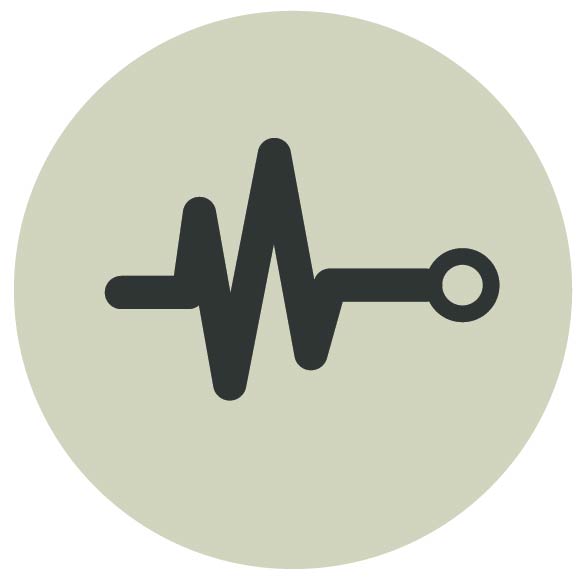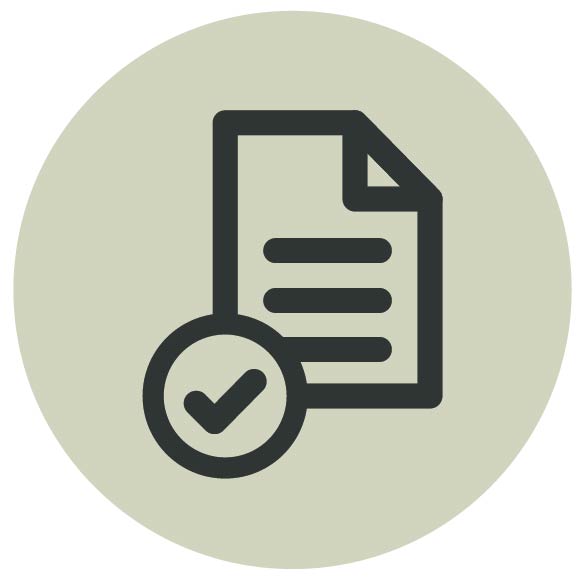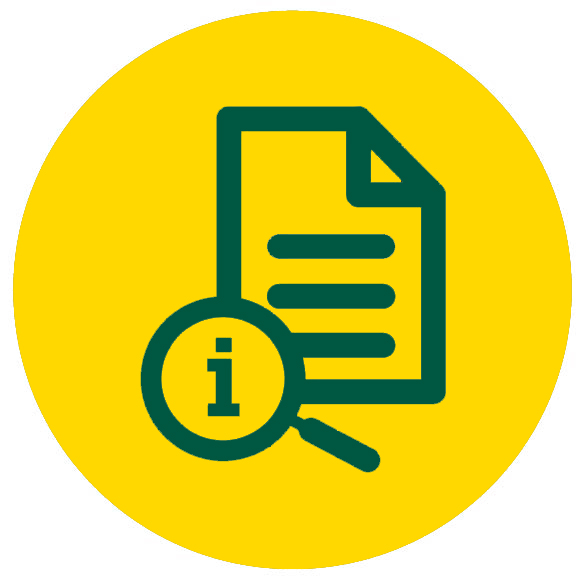Although most people who get Covid-19 recover quickly, for some the effects of the virus can last for weeks or months. This is known as Long Covid. It is not contagious and is a term used to describe signs and symptoms that are experienced for longer than 4 weeks after first contracting the virus. Symptoms are wide-ranging and fluctuate in severity from day to day. They can include breathlessness, chronic fatigue, "brain fog" and anxiety.
Many people that have developed Long Covid had no existing health conditions.
The content on this page is provided solely for information purposes and provides an overview of the subject matter covered. It is not a substitute for professional medical advice, diagnosis or treatment. If you think you have long covid, please seek further information. The information on this page is subject to change without notice.
Long Covid is an invisible disability
 Fatigue is the most common symptom of Long Covid
Fatigue is the most common symptom of Long Covid Suggested between 14-30% of COVID patients get at least one symptom of long COVID within 90 days after recovery
Suggested between 14-30% of COVID patients get at least one symptom of long COVID within 90 days after recovery Suggested between 55 and 120 million people are experiencing, or have experienced, long COVID (10/02/2022)
Suggested between 55 and 120 million people are experiencing, or have experienced, long COVID (10/02/2022) Long Covid is not the same for everyone
Long Covid is not the same for everyone Almost two-thirds said their symptoms had reduced their ability to carry out daily activities
Almost two-thirds said their symptoms had reduced their ability to carry out daily activities Long Covid can affect children and young people
Long Covid can affect children and young people Long Covid stats & facts poster Download here
Long Covid stats & facts poster Download here
Long Covid can affect any system within the body and it usually presents with clusters of symptoms, often overlapping, which may change over time. A large study by University College London (UCL) identified 200 symptoms affecting 10 organ systems. The condition is not limited to those who needed to go to hospital, or even who felt seriously unwell when they first caught COVID-19.
Symptoms
The most common Long Covid symptoms include:
- fatigue
- shortness of breath, heart palpitations, chest pain or tightness
- problems with memory and concentration ("brain fog")
- changes to taste and smell
- joint pain
- persistent high temperature
- generalised pain
Other symptoms can include:
- anxiety
- hallucinations
- insomnia
- hearing and vision changes
- short-term memory loss
- speech and language issues
- gastrointestinal and bladder problems
- changes the menstrual cycle and skin conditions
A third of the symptoms may affect those with the condition for at least six months.
Effects on and challenges faced in daily life
- General lack of understanding and awareness leading to misconceptions of Long Covid. Individuals with Long Covid can feel alienated, stigmatised and not-believed
- Considerable impact on day-to-day life including working lives, childcare, everyday tasks and social lives
- Concern about school, job and employment prospects as a result of having Long Covid
- Discrimination in the workplace
- Ability to perform simple everyday tasks can be severely reduced
- Diagnosis may be difficult to obtain
- Difficulty with concentration and processing information is common
Assistance and support you can offer
Every non-visible condition and impairment is experienced differently, and it is not possible to generalise the recommendations below for all.
- find out about Long Covid and be aware of what the symptoms may be
- do not make assumptions about how Long Covid affects someone - find out from them how you can support them
- be aware that the person with Long Covid may need to re-arrange or cancel plans depending on the severity of their symptoms
Sources:
British heart Foundation: https://www.bhf.org.uk/
DW:https://www.dw.com/en/long-covid-the-science-shows-how-little-we-know/a-60733021
NHS: https://www.england.nhs.uk/coronavirus/post-covid-syndrome-long-covid/
World Health Organisation: https://covid19.who.int/
ME Association: https://meassociation.org.uk/
Look out for these Sunflower icons
 I may need more time
I may need more time I need a quiet/safe place
I need a quiet/safe place I may need a place to sit down and rest
I may need a place to sit down and rest I have a hidden disability
I have a hidden disability
The content on this page is provided solely for information purposes and provides an overview of the subject matter covered. It is not a substitute for professional medical advice, diagnosis or treatment. If you think you have long Covid, please seek further information. The information on this page is subject to change without notice.







